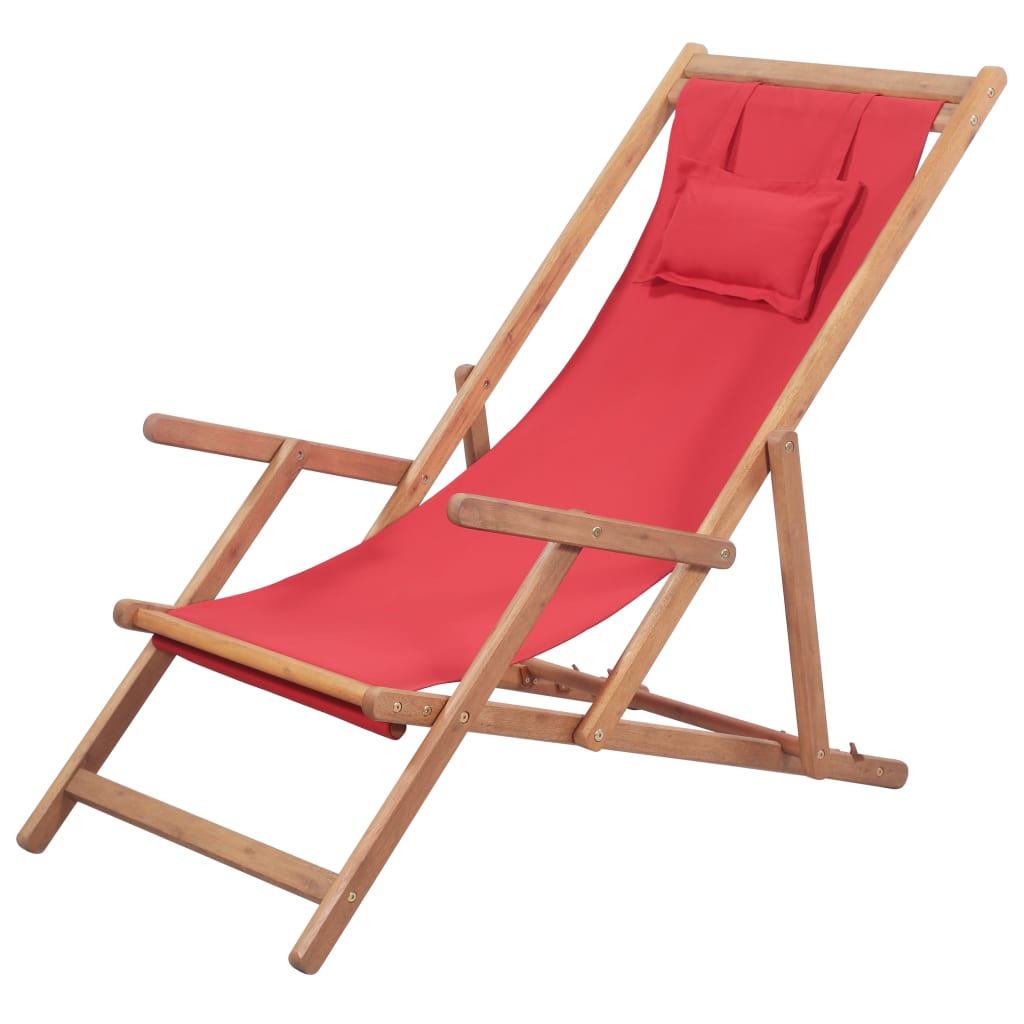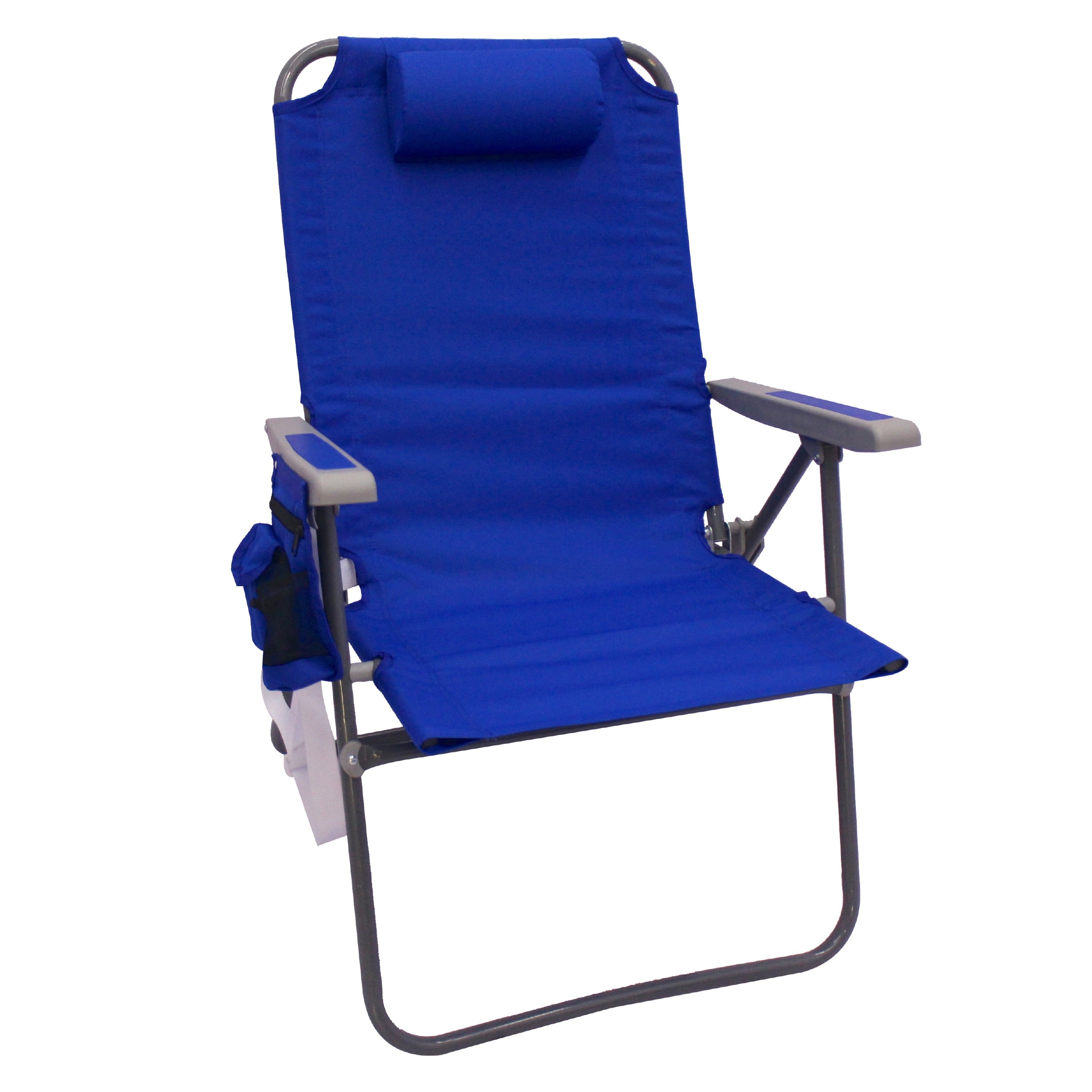If you need a living fence, which also provides protection from the wind, the. There are many reasons why arborvitae is among the most popular plants for a living privacy fence.
Good Fence Plants, Local knowledge is useful if you wish to plant colorful and vibrant garden beds. Known as the queen of climbers, clematis is a lovely grower when planted near fences, trellises, or arbors.

Some hedges are purely decorative, while others serve primarily a practical function. Its thick evergreen foliage creates a dense hedge when the trees are spaced properly, it. It is useful as a formal hedge plant because it grows quickly and can be kept pruned to maintain a fence as short as 18 inches or be allowed to grow to its natural height of around seven feet. Apart from these, there are many more plants that can be used for fencing plants are palms, acalypha, caesalpinia, aralia, eranthemum, lantana tecoma, and cactus, etc.
It is useful as a formal hedge plant because it grows quickly and can be kept pruned to maintain a fence as short as 18 inches or be allowed to grow to its natural height of around seven feet.
It does well in both sun and shade. Annuals are good on sunny fences, and can provide change from year to year. Because of its look, this plant is often misidentified as a cactus. Grow dragon lady holly trees along borders, fences, or to shield parts of your backyard. There are many reasons why arborvitae is among the most popular plants for a living privacy fence. The colour is a deep green and one of my favourite plants because it will also grow quick!
 Source: thespruce.com
Source: thespruce.com
In case you were wondering, this is the plant i chose to cover the fence in my backyard. Italian pencil pines (cupressus sempervirens) are slim enough for the narrowest space, can be grown in a pot or in the ground, and they create a classic, elegant look so can be a good option for the best plants for fence line..
 Source: boldsky.com
Source: boldsky.com
The best 10 plants to grow for backyard privacy arborvitae. Pleached trees are a way of landscaping along the fence, creating extra height. This plant is commonly used due to its ability to bring about privacy screening; Lilac bushes are yet another kind of plant that are perfect for fence lines. There are many reasons why arborvitae is among the.
 Source: plantlust.com
Source: plantlust.com
This simple ‘ tipsy pot plant tower ‘, located at the university of south carolina is filled with herbs. A fence planter box is a rectangular container which is used for growing plants and flowers that is fixed, mounted or attached to fence rails or pickets. They can also help add winter interest to your garden or serve as a.
 Source: pinterest.com
Source: pinterest.com
Tall ferns should be avoided while fencing. Apart from these, there are many more plants that can be used for fencing plants are palms, acalypha, caesalpinia, aralia, eranthemum, lantana tecoma, and cactus, etc. These are different from hedges like boxwood and privet which look firm and dense. This plant is commonly used due to its ability to bring about privacy.
 Source: pinterest.com
Source: pinterest.com
Shrubs used for the practical function of security should be densely growing and possibly have thorns. On the other hand, lilac bushes, when allowed to get full and thick, look bushy (for lack of a better word). The colour is a deep green and one of my favourite plants because it will also grow quick! Hedge plants used decoratively are.
 Source: pinterest.com
Source: pinterest.com
This is the most common spiny succulent shrub grown in india along the fenceline of farmlands. In that case, plant it at a minimum of 50 cm from the wall or the fence in order to avoid the dry area. Arborvitae, juniper and cedar are elegant, attractive evergreen trees that can form effective privacy borders. Hedge plants used decoratively are.
 Source: goodhousedecor.com
Source: goodhousedecor.com
At its natural height, cheyenne provides seasonal privacy and protection from wind; These are different from hedges like boxwood and privet which look firm and dense. Annuals are good on sunny fences, and can provide change from year to year. Following are the top plants that can be used as hedges in the live fence: The colour is a deep.
 Source: paten39s.blogspot.com
Source: paten39s.blogspot.com
These are different from hedges like boxwood and privet which look firm and dense. Its blossoms are purple, pink, blue or white, and they create a rich tapestry of color. Tall ferns should be avoided while fencing. Evergreen plants that grow on fences can help to keep your fence looking lovely all year round. Some climbers and shrubs are more.
 Source: pinterest.com
Source: pinterest.com
These are different from hedges like boxwood and privet which look firm and dense. It didn’t block the view of my neighbor’s boxes right away, but boy did it grow lovelier each year. Allow it to grow on top of walls to make them look green. The foliage is responsible for this. It is useful as a formal hedge plant.
 Source: pinterest.com
Source: pinterest.com
Following are the top plants that can be used as hedges in the live fence: Its thick evergreen foliage creates a dense hedge when the trees are spaced properly, it. These evergreen, broadleaf hedging plants have small flowers in spring and red berries in winter. They can also help add winter interest to your garden or serve as a backdrop.
 Source: correctlydesign.com
Source: correctlydesign.com
Hedge plants used decoratively are often trimmed to precise sizes and shapes and may be either evergreen or deciduous shrubs. This is the most common spiny succulent shrub grown in india along the fenceline of farmlands. Known as the queen of climbers, clematis is a lovely grower when planted near fences, trellises, or arbors. But take a look at the.
 Source: gardeningviral.com
Source: gardeningviral.com
Italian pencil pines (cupressus sempervirens) are slim enough for the narrowest space, can be grown in a pot or in the ground, and they create a classic, elegant look so can be a good option for the best plants for fence line. Suppose you prefer the second option; In that case, plant it at a minimum of 50 cm from.
 Source: pinterest.com
Source: pinterest.com
Its blossoms are purple, pink, blue or white, and they create a rich tapestry of color. Next to it is an artichoke plant, which not only produces delicious artichokes—it is also often grown as an ornamental plant. In case if you are interested in the plant nursery business plan. Shrubs used for the practical function of security should be densely.
 Source: plantlust.com
Source: plantlust.com
But take a look at the tags on the plants in the garden centre and check heights because there are some clematis that really do romp away. It does lose its leaves in the fall. Local knowledge is useful if you wish to plant colorful and vibrant garden beds. It can thrive in most types of soil. I don’t have.
 Source: pinterest.com
Source: pinterest.com
Able to provide you with the privacy you�re looking for, it grows up to five metres tall. Italian pencil pines (cupressus sempervirens) are slim enough for the narrowest space, can be grown in a pot or in the ground, and they create a classic, elegant look so can be a good option for the best plants for fence line. Arborvitae,.
 Source: boldsky.com
Source: boldsky.com
Thuja trees are an excellent choice for a living fence. Arborvitae, juniper and cedar are elegant, attractive evergreen trees that can form effective privacy borders. The pyracantha is also known as firethorn and can be grown as a single plant, or you can train it to grow against a wall or fence. This type of fence decor is suitable for.
 Source: ethanvizitei.com
Source: ethanvizitei.com
The colour is a deep green and one of my favourite plants because it will also grow quick! Local knowledge is useful if you wish to plant colorful and vibrant garden beds. Its thick evergreen foliage creates a dense hedge when the trees are spaced properly, it. It does lose its leaves in the fall. Best plants to grow against.
 Source: tyres2c.com
Source: tyres2c.com
The foliage is responsible for this. This plant is commonly used due to its ability to bring about privacy screening; Evergreen and foliage plants that grow on fences. But with a touch of few more colours, your fence can look really vibrant. In that case, plant it at a minimum of 50 cm from the wall or the fence in.
 Source: plantlust.com
Source: plantlust.com
Because of its look, this plant is often misidentified as a cactus. They will need to be in good soil (if you have clay, you’ll need to dig deep and use a clay breaker soil) and watered often. Suppose you prefer the second option; Its blossoms are purple, pink, blue or white, and they create a rich tapestry of color..
 Source: pinterest.com
Source: pinterest.com
Best plants to grow against a fence. That might sound pricey, but you can plant willows five feet apart in a living fence, so you won’t need as many of them to form a fence as you would many plants on this list. This plant is commonly used due to its ability to bring about privacy screening; Thuja trees are.
 Source: paten43l.blogspot.com
Source: paten43l.blogspot.com
Able to provide you with the privacy you�re looking for, it grows up to five metres tall. They will need to be in good soil (if you have clay, you’ll need to dig deep and use a clay breaker soil) and watered often. Hedge plants used decoratively are often trimmed to precise sizes and shapes and may be either evergreen.
 Source: plantlust.com
Source: plantlust.com
Shrubs used for the practical function of security should be densely growing and possibly have thorns. This plant comes in several varieties like the giant or dwarf form, so you have to choose the. Following are the top plants that can be used as hedges in the live fence: Evergreen and foliage plants that grow on fences. It does lose.
 Source: pinterest.co.kr
Source: pinterest.co.kr
But with a touch of few more colours, your fence can look really vibrant. It does well in both sun and shade. They will need to be in good soil (if you have clay, you’ll need to dig deep and use a clay breaker soil) and watered often. Next to it is an artichoke plant, which not only produces delicious.
 Source: plantlust.com
Source: plantlust.com
Evergreen plants that grow on fences can help to keep your fence looking lovely all year round. They come in different varieties with varying heights. Green is a great colour for a fence. In case you were wondering, this is the plant i chose to cover the fence in my backyard. If you need a living fence, which also provides.
 Source: plantlust.com
Source: plantlust.com
Annuals are good on sunny fences, and can provide change from year to year. This plant is commonly used due to its ability to bring about privacy screening; It does well in both sun and shade. They come in different varieties with varying heights. Clematis are great on wire fences and trellis because the leaf stalks grip anything they can.








